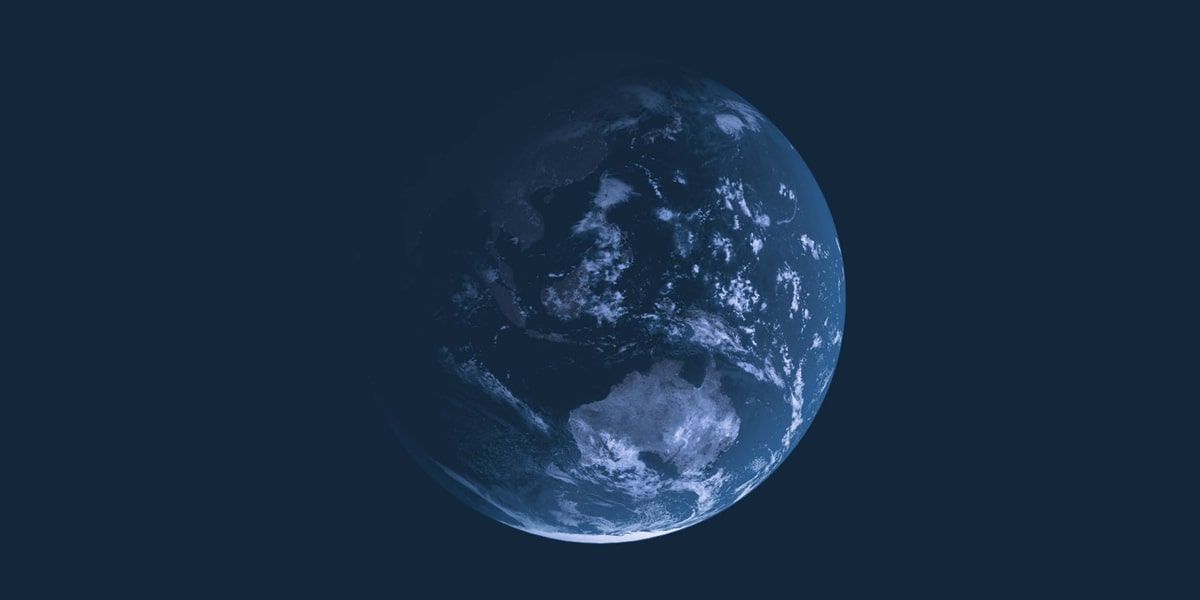Why the Peak China story is overdone
Originally published in the Australian Financial Review

China’s economy is no longer about to dash past the US, but its ability to mobilise capital, people, resources and military muscle for specific purposes remains enormous
China’s slowing economy has produced at least one growth industry – in economists congratulating themselves for predicting that the country’s business model would inevitably hit the wall.
But policymakers in Australia and elsewhere should be wary of making the next leap, and embracing the argument that China’s military and geopolitical clout is waning as well.
The (mostly Western) economists’ victory lap is fair enough on one level. They correctly judged that China’s overbuilt property market, worth about a quarter of the economy, was unsustainable.
The Chinese leadership has long understood this, but held off until 2020 to burst the bubble, when they ordered banks to cut lending to developers to guide the sector onto a sustainable path.
What was meant to be a kind of controlled demolition has turned into something else, a slow-rolling series of disruptive bankruptcies of some of the biggest developers in the world.
The decision of a Hong Kong court this week to liquidate Evergrande, the country’s largest developer with debts of US$300 billion ($455 billion), symbolises the size of the hole the industry was allowed to dig itself into.
The liquidation will have minimal practical effect – Hong Kong creditors will have little, if any, access to Evergrande’s mainland assets, which have largely been frozen, seized or sold off already.
But the property downturn will weigh on the public, who have watched the value of their homes fall or, in some cases, have lost deposits on unbuilt apartments altogether. As a result, anxious consumers are saving rather than spending.
This matters, as Communist China has a far higher rate of home ownership than Australia, in part because there are so few other assets to invest in.
The capital account is closed, so they can’t easily invest offshore, and the local sharemarket, never a reliable investment, is in a deep slump.
So far, China has been unable to find sources of growth to replace property outside of its massive industrial base, but that creates a different problem. Chinese industries have ramped up production, but can’t sell their goods at home, so they are exported.
Already locked in a trade war with the US, Beijing faces another one this year with Europe, which confronts the prospect of deindustrialisation from a wave of cheap Chinese electric vehicles.
The weakening Chinese economy has real world geopolitical impacts, as it compounds the country’s slow-burning fiscal crisis, with high-short term debts and rising aged care spending as the population declines.
The hugely influential arguments that Australian strategist Hugh White mounted on China policy are primarily economic.
That, in turn, will cut into defence budgets and the literally hundreds of billions the Chinese state is throwing at its efforts to catch up and surpass the US and its allies in high-tech.
All of this is important for obvious reasons. A strong economy is the key to China’s ability to challenge the US and portray itself globally as a solid and enduring political alternative to Western liberal democracies.
It is worth remembering that the hugely influential arguments that Australian strategist Hugh White mounted on China policy are primarily economic.
White’s assertion that Australia should radically break from its traditional alignment with the US and accept that China as the premier power in Asia is tied to a single projection, by the Australian Treasury in 2017.
The Foreign Policy White Paper, published that year, included a Treasury forecast that by 2030, China’s economy would be nearly double the size of America’s, based on spending power.
The world looks very different today. Post-COVID, you will find few economists, even in Beijing itself, who think that the Chinese economy is going to race past the US and eventually dwarf it in size.
But the Chinese economy is slowing, not collapsing. We are not so much reaching Peak China; it is more like Plateau China, as one commentator dubbed the current phase.
The focus on property sometimes crowds out China’s formidable strengths.
China is responsible for about a third of global manufacturing. Increasingly, the value captured by it doesn’t go to foreign investors. It starts and stays at home.
“As one set of headlines has declared Peak China, another has trumpeted China’s sudden emergence as the world’s biggest car exporter, and its domination of most links of the green energy supply chain,” wrote Arthur Kroeber, of Gavekal Economics.
Even with many weakness, China’s party-state has another strength – the ability to mobilise capital, people, resources and technology, for a singular purpose.
What other nation could turn its ordinary fishing fleet into a militia that acts as an extension of its navy and coast guard, and an instrument of power projection into its nearby contested seas?
Xi Jinping, China’s communist party leader, has made it his mission to strengthen that leverage, by ensuring any nominally private actors in the economy, be they entrepreneurs or NGOs, are firmly aligned with his program.
It is true that China may no longer be a 10-foot-tall giant sweeping all aside, as much as it likes to project such strength. But it is not drifting into oblivion.
Xi and the ruling party remain unflinching in their ambitions to take Taiwan and dominant the South China Sea. They rehearse these objectives every day.
Diminished it may be, China is still big enough to challenge the US, and will remain so for decades. Quibbling about a few percentage points of growth here or there won’t change that.
Chinese property might have peaked. China has not.


